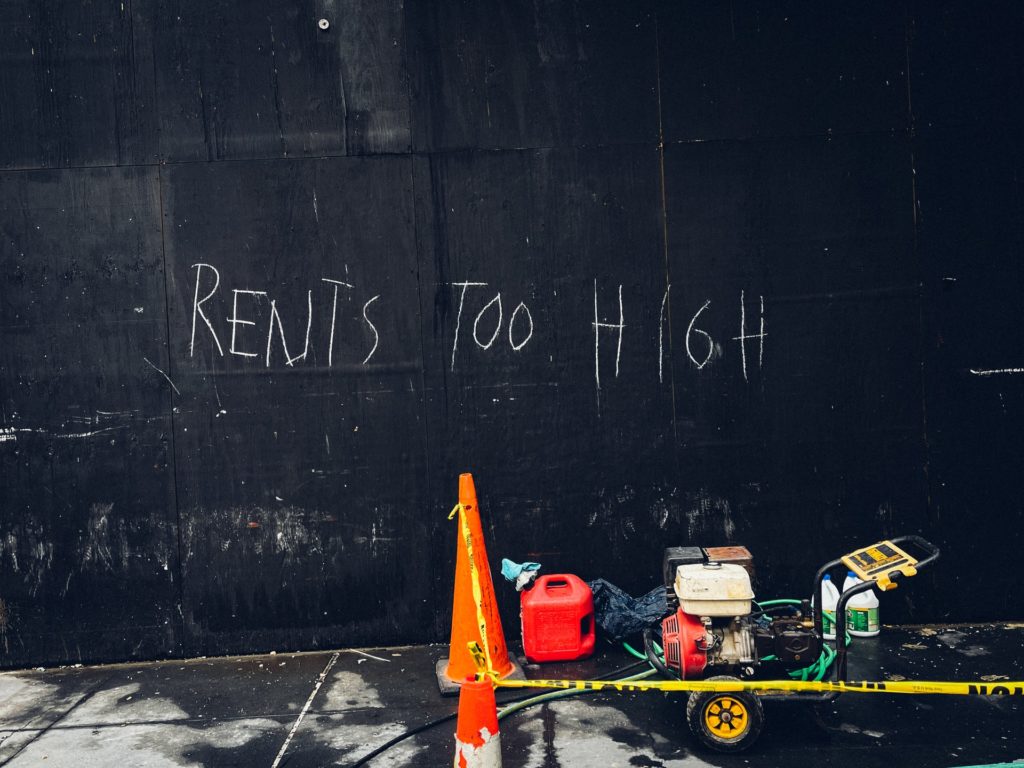Today’s incredibly tough economic times have left landlords struggling. As the COVID-19 pandemic continues to wreak havoc, millions of Americans have lost their livelihoods. With no jobs and lack of new opportunities while staying at home, renters are falling behind on rent. On the other hand, small landlords can barely pay for their upkeep. While some have mortgages to pay, they have no means to do so.
Fortunately, the American government finds a way to help renters falling behind on rent. In a bid to save Americans from the spread of COVID-19, homelessness, and evictions, both local and federal governments have set rules to help victims of the pandemic. Below are some of the policies to help out renters in debt. 
Local and Federal Government Policies on Landlords and their impacts.
For about a year now, the American government has kept extending rules. Some of the rules are as listed below:
- Federal moratorium rule. The federal moratorium extended to the 30th of June 2021 has effectively spared millions of Americans from eviction. In as much as over 10 million U.S citizens have rent arrears, landlords are facing rough seas as they cannot evict renters.
- $2.6billion incentive. While the Californian eviction moratorium extends to June, landlords have proposed an incentive of about $2.6 billion as per the fact that 20% of the back rent is dismissed. As luscious as the offer sounds, small house owners struggle to pay for their upkeep and stay out of debts.
- Introduction of rental assistance by the government. Since the onset of this rule, most renters have tried paying in rental arrears. Seeing that rental assistance prioritizes individuals making up to 50% of the Area Median Income (AMI), 80% of AMI have either little or no access to the rental assistance. Renters falling in the 80% bracket fail to benefit from this initiative even when they have fallen behind on rent.
- The government has released $50 billion to help out renters keep their homes. As renters are protected, Small landlords are struggling. Some have failed to pay their mortgages as tenants fall behind on rent. Landlords are facing an increasingly unjust weight on them. It is very unclear the billion dollars set aside by the government for rent relief will last.
Small Landlords Struggles
Landlords typically owning one to 10 properties in the United States are about 8 million. The so-called mom-and-pop landlords own and run half of all rental properties of approximately 48 million tenants. Below are some of the struggles landlords face:
- Mom and Pop house owners highly depend on renters’ pay to survive. A survey done in late March revealed over 54% of small landlord renters lost their jobs owing to the pandemic.
- Some renters who averaged to a third of the total opted to stop paying rent. While others sought help from families, others did not know what to do.
- Rising debts by renters. Clear evidence of landlords’ struggles is the rising debts by renters. Landlords find it hard to speak to their tenants concerning their financial situation.
- Slow property appreciation rates. Small landlords use the rent to cover costs with the hope that their properties appreciate in the future.
- Lack of government assistance. According to a house owner with 12 single-family rentals in Maryland, small landlords find no assistance from the government. The available state legislation and federal stimulus don’t provide relief for small property owners.
- The no eviction rule. Despite having fallen back in rent, the no eviction rule has made several tenants default paying rent. They are taking advantage of the federal moratorium on no evictions.
- With no acclaim in recovering costs from lost rent payment, landlords are struggling. From a survey by Avail, about 58% of landlords failed to obtain helpful emergency lines of credit.
- Used up savings. As per several interviews, some house owners and managers revealed that their clients are plunging into savings to keep the business running. While the business struggles, landlords cannot afford to maintain their properties, delaying repairs.
- The dire situation is forcing landlords to think of selling property. But, the current tight housing market makes it even harder to sell the property.
As the COVID-19 pandemic effects are still being felt all over the world, people’s livelihoods have been disrupted. Small landlords are facing tough times as renters fail to pay. While some may opt to sell their property, the pandemic has made it harder to sell. It’s harder to buy and harder to rent.












